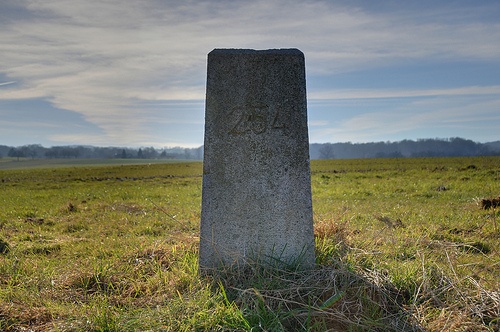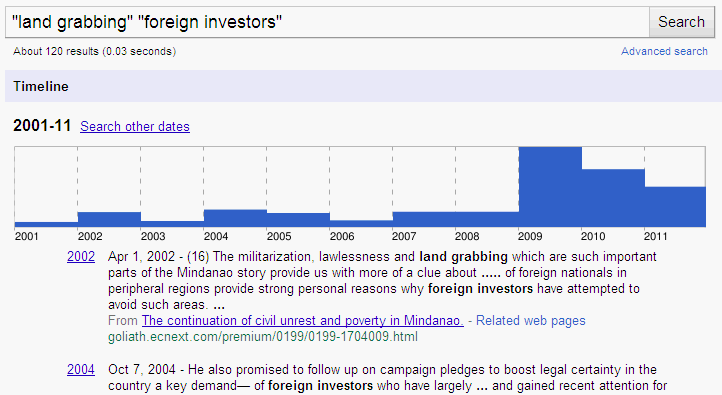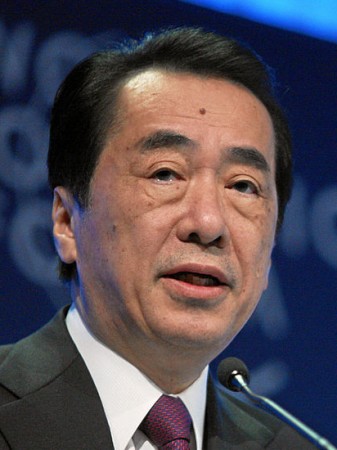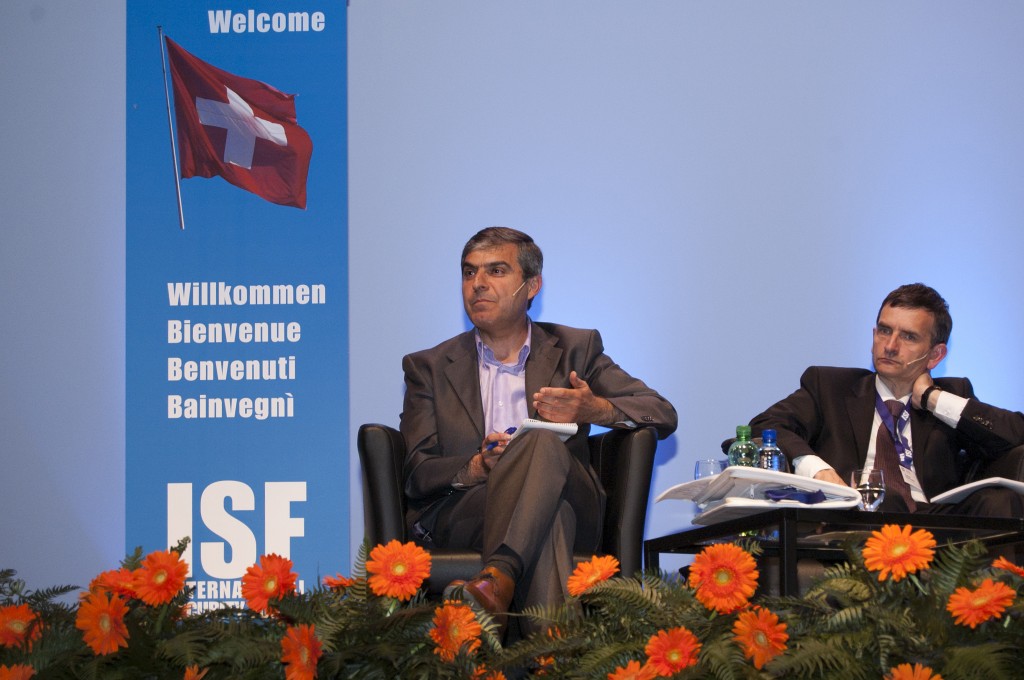
Money laundering by mafiosi, human trafficking and cyber crime: these are the top three security threats identified by the Swiss federal police in their 2010 annual report (German).
What is striking about this list is that each menace is transnational in nature. What does this mean?
For one: as this assessment by the Swiss authorities indicates, police work is no longer the strictly domestic affair it once was. As a result, international cooperation has become a first-order concern for national law-enforcement organizations. And this can be very difficult in practice. Take, for example, the fight against the mafia in Italy and Switzerland — two countries which, though neighbors, have different legal regimes and requirements for due process.
It is clear that more efforts are needed to properly track criminal activity across borders. In this day and age, the police’s concerns cannot remain theirs alone. Everyone dealing with or talking about security should take heed of this annual report and perhaps even adjust their own priorities.





